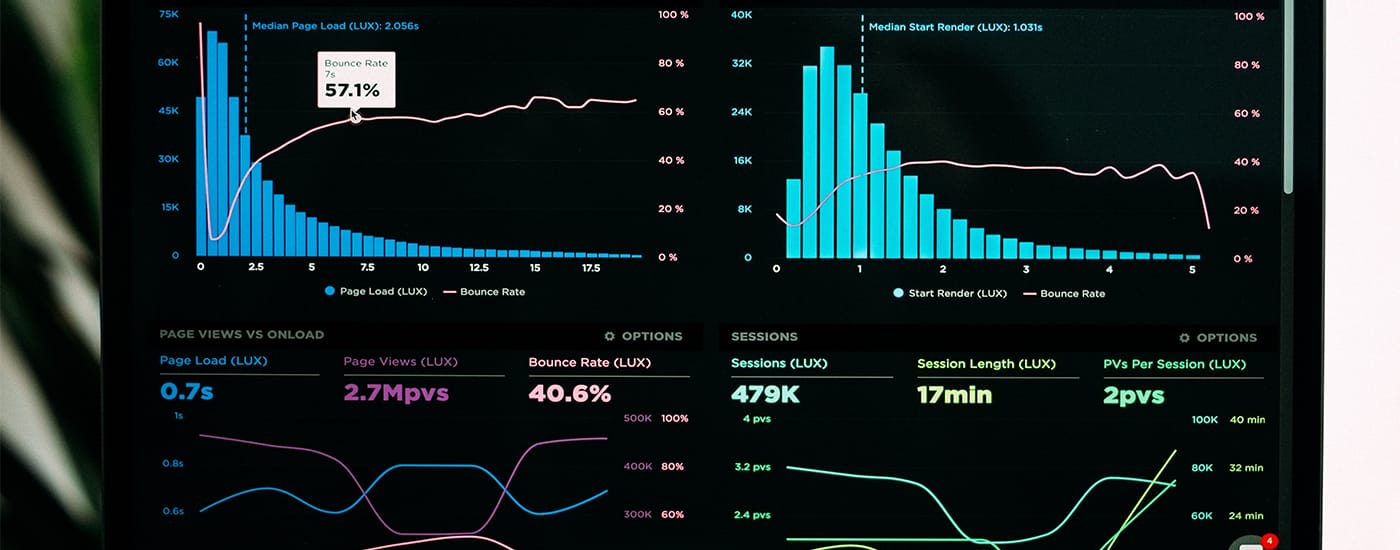As companies proceed to spend money on content marketing and marketing tools such as Google Analytics, several are faced with the job of determining its performance on their business’s traffic. The digital marketing world is left with one question: is it possible to measure content marketing’s effectiveness?
Even though some depend on metrics such as social shares and page views to clarify this issue, it is necessary to delve further and take a glimpse at how content is reshaping the sales and marketing pipeline.
Fortunately, there are specific metrics for content marketing to track its impact on such investments.
Time Spent On Page
Average time on content provides you the measurement of whether users are swiftly scanning your content or avidly reading what you have to say. With so many articles available today, it is important to keep people’s attention and ensure that your posts are relevant.
Marketing metrics, such as average time on page, hold the key to measuring how interested audiences are in what you have to say.
Page Impressions
Page impressions show marketers which pages and how many of them are getting traction. Additionally, it helps identify which posts are performing better than others. This information helps writers produce valuable content for their readers.
Marketing metrics such as page views give you a measurement of your content’s effectiveness by telling you how many people are seeing your content.
Referral Traffic
Marketing metrics like referral traffic not only prove successful content, but also assists in determining which sites linked to your work and how much of an impact they made on readers. This metric also helps marketers determine whether or not audiences are sharing their posts and what channels they prefer when reading online content.
Referral traffic also reveals which sites are popular among audiences and provide data that is used to improve the company’s social media strategy and paid media outreach efforts.
Unique Visitors
Unique visitors are the number of individuals visiting your website. This stat tells marketers the size of their audience and the number of traffic from regular visitors. Marketing metrics, such as unique visitors are vital to determining the effectiveness of your content.
As a result, marketers can adjust their content in order to meet the needs of their audience. Marketing metrics, such as unique visitors go hand-in-hand with social media and search engine marketing in regards to finding new viewers and listeners.
Bounce Rate
This is probably one of the best marketing metrics to determine if your content is engaging. Marketing metric bounce rate measures how many people are leaving your site immediately after arriving on it. Marketing metrics, such as bounce rates are significant because they help marketers have a good idea of how engaged their visitors are.
The bounce rate is getting the measure from two clicks which are the entry and exit clicks. If the click happens on the same page, that is regarded as a “bounce” solely because the user didn’t explore your site by clicking on other links.
Pages Per Visit
Pages Per Visit is a marketing metric that is a good measure of the amount of time people spend on your web during a single visit. Marketing metrics, such as pages per visit provide insight into how much time visitors are willing to invest in reading what you have to say.
Having this knowledge way marketers can determine if their content needs improvement or should be kept the same so audiences can continue enjoying it. This metric is especially important for online magazines and news sites.
Session Duration
Also known as dwell time which is measuring the length of time a user spends on your website. Marketing metrics, such as session duration are significant because it shows marketers whether or not their visitors are sticking around long enough on your website to actually absorb any of the content.
If people are spending an average of only 10 seconds per session on your website, chances are that they aren’t reading any of the content on your website.
Want to know more about digital marketing terms and metrics? Then check out this blog: Digital Marketing Terms

More to Read
Is Affiliate Marketing A Scam?
Have you ever been tempted by promises of easy money through affiliate marketing, only to feel skeptical about its legitimacy? You’re not alone—many people
Apr
SEO Tips For Non-Profits
Are you struggling to get your non-profit noticed in the vast digital landscape? You’re not alone; many organizations face the same challenge. This article
Mar
Is Using AI In Content Marketing Bad?
In a world where algorithms can generate articles faster than a human can type, one must wonder: are we sacrificing authenticity for efficiency? The
Feb